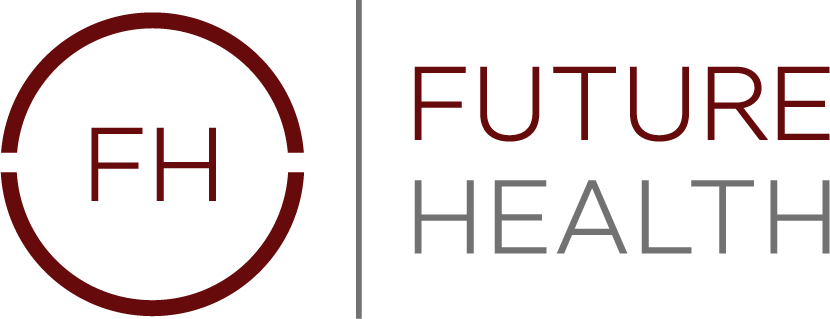Future Health launches major new report on building a future cancer data infrastructure
Last week the National Audit Office estimated that were between 240,000 and 740,000 “missing” urgent GP referrals for suspected cancer during the period of the pandemic up to September 2021. In turn, between 35,000 and 60,000 fewer people started treatment for cancer than would have been expected.
As cancer services look to recover, Future Health today publishes a new report looking at the role of data in supporting the recovery and future delivery of high-quality cancer care.
Cancer Data Report 2021 210125
The pandemic has seen huge advances in the health data agenda, particularly through the development of dashboards for Covid 19 and cancer to support service delivery and management. This report seeks to take some of these learnings and use them to build an improved cancer data infrastructure in the future.
Based on a series of interviews domestically and internationally, and supported by an independent grant from Janssen, the report makes a series of recommendations. These include:
- The establishment of a new health data infrastructure accelerator to spread infrastructure improvements across systems that can enable data to be easily uploaded, secured and analysed
- Greater national co-ordination of bodies involved in setting data policy through the creation of a national healthcare data council
- Improved integration and interoperability of cancer data
- Opportunities for greater international collaboration through the G7 and an upcoming US-UK cancer summit
The report includes a set of international case studies looking at how other countries are tackling the challenges of improving their health data infrastructure.
It includes that the NHS is well placed internationally to lead on this agenda but warns that urgent action is needed particularly when looking at the importance of data to tackling the cancer care backlog, unlocking access to new innovation that can improve patient outcomes and the rapid progress and ambitions being set in other countries.
The work has been supported by Professor Sir Mike Richards, former National Cancer Director and author of the recent Richards review into Community Diagnostic Hubs and former PHE cancer data analytics lead Dr Jem Rashbass.
Professor Sir Mike Richards said:
“The pandemic has shown us the importance to public health of having access to accurate real time data. The NHS has a strong track record in collecting cancer data to support research through cancer registries and clinical audits. Now though there is an opportunity to apply the learnings from the pandemic to significantly upgrade our cancer data infrastructure. Improving the timeliness, reliability, integration and accessibility of our data can help tackle the cancer backlog, deliver earlier diagnosis and improve patient outcomes. This report and its recommendations provide a helpful policy framework for action on this important issue.”
Dr Jem Rashbass said:
“This is a very timely, lucid and well-balanced report. It highlights the strengths, opportunities and challenges for cancer data collection and analytics in this period as we begin to emerge from the pandemic. Drawing on insightful observations on previous data initiatives and reviews of the NHS and combining these with the current plans and lesson from selected national and international case studies, the report makes a range of pragmatic recommendations that if adopted would be of significant benefit to patients, NHS and wider UK economy.”
Report author and Future Health Founder and Programme Director, Richard Sloggett said:
“The NHS has made significant and ground breaking advances over the last 18 months in how it collects, analyses and presents data. There is now a great opportunity to lock in these advances and apply them systemically and beyond the pandemic. The challenge of the cancer backlog, the development of the cancer dashboard and trusted research environments and the opportunities that new innovations and technologies present for improved outcomes all should make improving cancer data a policy priority.”


